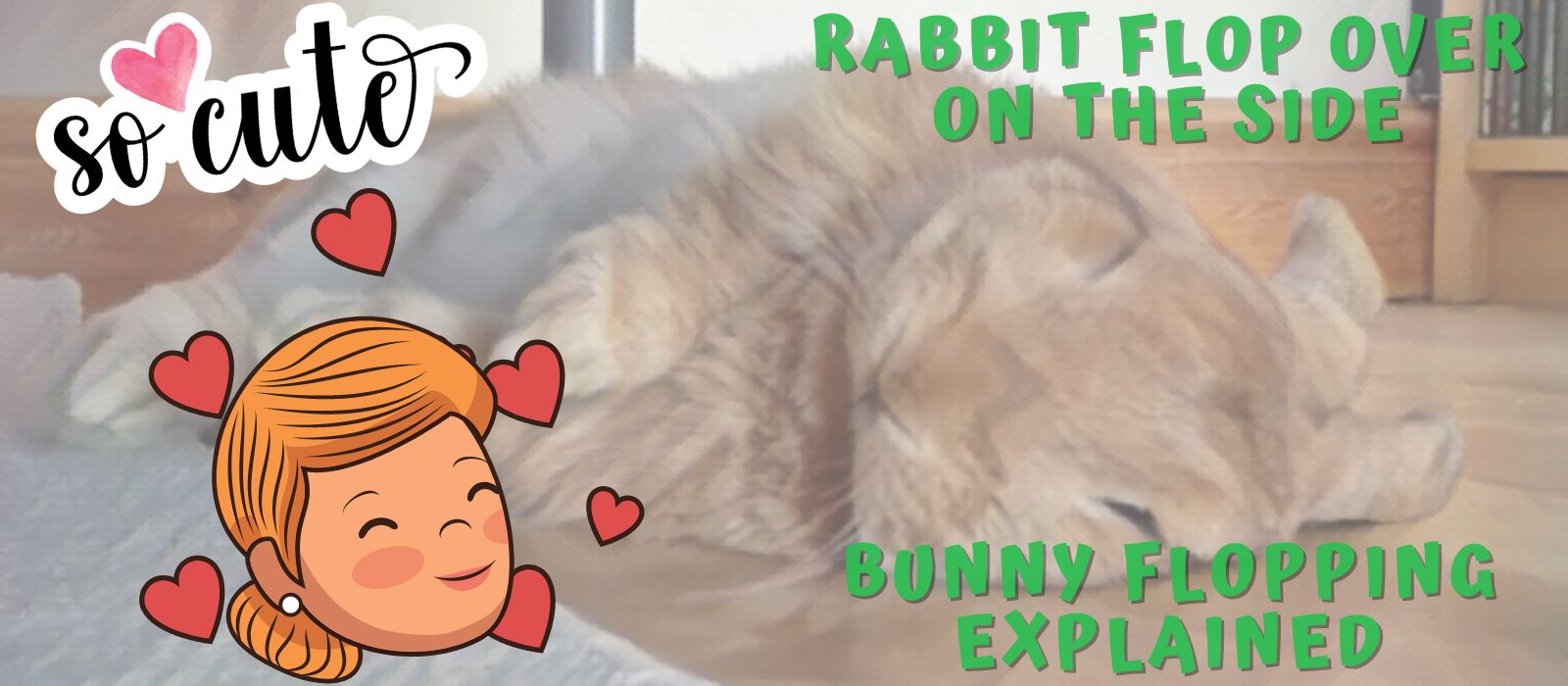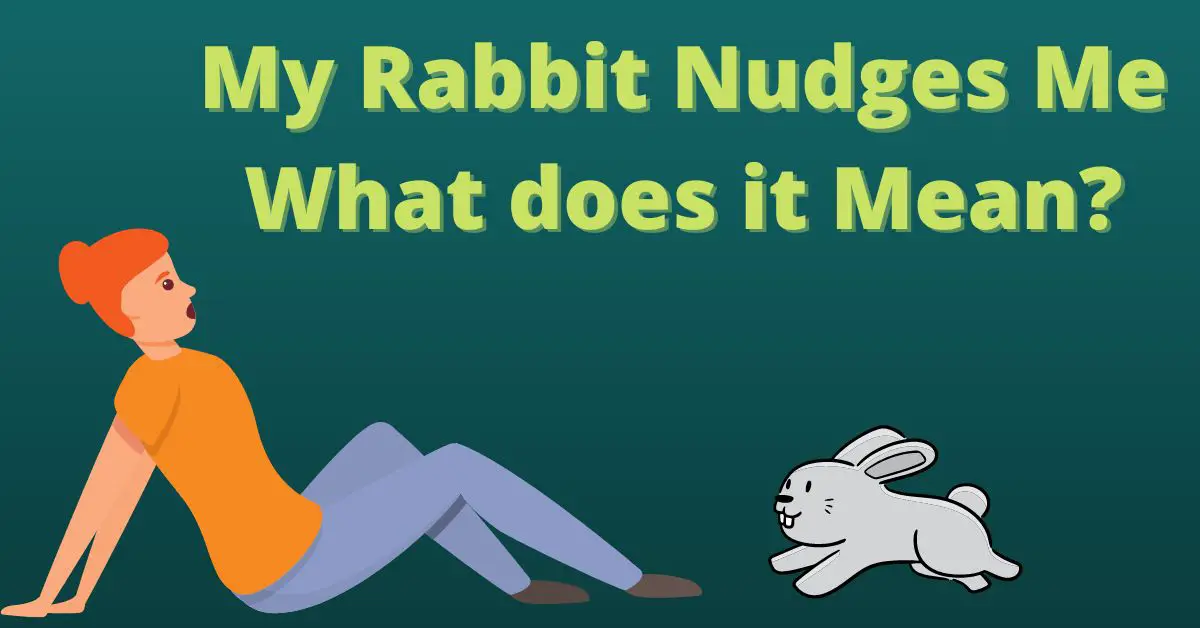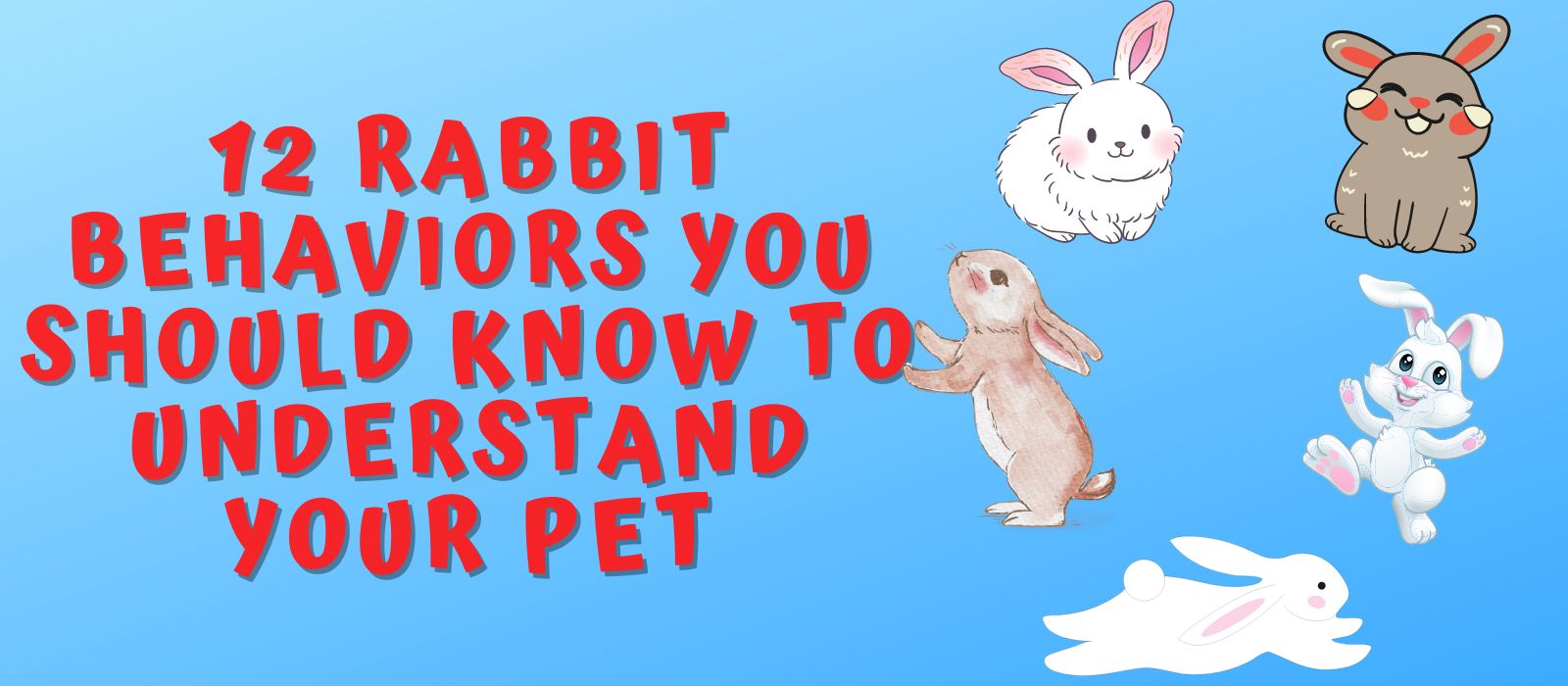Quick Answer: Bunny Flopping Explained
When bunnies flop, they’re expressing their contentment. So if your bunny is flopping on its side and rolling around, it’s a sign that it’s feeling relaxed and safe with you. It’s also a way for your bunny to show you that it trusts you.
Long description of this topic below
Introduction: Rabbit Flop Over on the Side – Bunny Flopping Explained
Soon after you get a pet rabbit, it is natural to notice several actions- binkying, jumping, hopping, and so much more. These are not random actions as many people presume. In fact, bunny behaviors depict the state of mind or mood.
One of the most common moves you may notice in a house rabbit is flopping over to the side. It can be a cause of worry for new bunny parents. But don’t worry, this is natural conduct in rabbits.
Bunnies flop over to their sides or back due to several reasons. Mostly, it is a way of expressing that they are content, happy, and excited. But there is much more to discover about various rabbit-flopping actions.
This post gives you all-inclusive information about the flop-over action in bunnies.
What is Bunny Flopping?
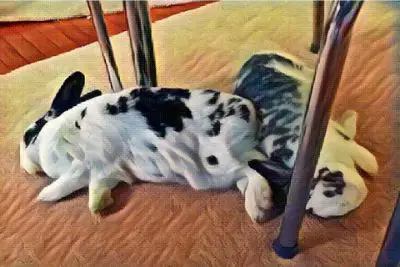
Since bunnies are prey animals, they don’t produce vocal sounds like dogs and cats. By natural instincts, these furry creatures express their emotions through actions, scents, and subtle sounds.
Hence most of these actions act as a medium to understand your pet rabbit and bond with it closely.
Rabbit flopping is an action when it turns to one side to lie down. At times, they can also flop to lie on the ground on their back. This is a rare occurrence but also a behavioral attribute. The term ‘flop’ is used to describe this action because the entire sequence is vulnerable and happens quickly.
As usual happening, they may remain on their side for a few moments only. Rabbit flopping can also be a sign of comfort. It may flop over to:
Get some fresh air to cool their tummy
Position their feet accurately to flee rapidly
Why Bunnies Flop Over?
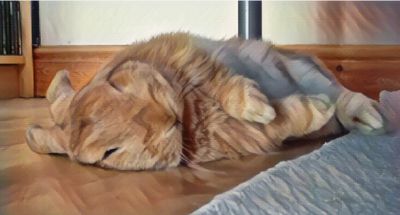
Buns flop over to the side to communicate with the people or other pets nearby. But there is much deeper significance in such comportment patterns in pet rabbits.
Here are some reasons bunnies flop-over to their sides:
1. Feeling Happy, Safe, and Relaxed
A rabbit feels insecure in the wild all the time. Being a prey animal, it is always at life risk of attacks by predators. An indoor rabbit is born and nurtured at a professional breeder’s place. Moving from the pet store to a new house rouses the same insecurity.
After days of bonding with the new parents and other family members, a young rabbit feels secure, at peace, and happy. A flop over action is a message to convey these feelings.
2. Show an Insult to Other Bunnies
Bunny flopping has an entirely different meaning if it is doing so in front of other rabbits in the house. If your bun does not like another house rabbit living in the same habitat, it may show a cheeky insult by flopping rather than indulging in fights.
This may happen when a new pet rabbit is in the house. It just expresses the feeling of security in the house and shows that it is not afraid of the new animal in the surroundings.
3. A Sense of Trust
By flopping in front of the owner, a bunny expresses its trust in the inmates of the house.
4. It’s Bedtime…Feeling Sleepy!
The favorite naptime for bunnies is usually after having a treat or eating. It may flop in front of you means that it is satisfied with the meal and wants some rest. This can also happen after playtime to relax a bit and stretch the body.
Rabbit Flopping on Its Back- What It Means?
Flopping on the back is much similar to the side flop. However, this may happen following some circumstances mostly when your small pet wants to show trust.
Rabbit flop onto the back is intense flopping. If you notice your bun in action, it is easy to make out why it is flopping onto its back. It generally happens when your cutie is over-excited (mostly while playing). The guy may flop on its back followed by a binky. The momentum in the body causes your bun to twist during flop when it seems to lay on its back.
Cute Bunny Flops On YouTube
Do Rabbits Flop Over During Sickness?
Bunnies suffering from ailments also flop by the side. But it is easy to find out whether they are sick or happily turning over.
A normal flop is a quick action clearly showing that your bun is energetic and in motion. Rabbits don’t lie down for a long time after flopping. It is a usual tendency to get upright within a few seconds.
When bunnies are sick, they may flop over slowly and keep lying on the ground for a longer duration. A sick bunny does not have the energy or urge to get up, twitch, or move.
You may closely observe other symptoms to know if your bunny has a complication:
Reluctant to eat or drink
Inactive and tired
Slow movement
Breathing difficulties
Causes of Excessive Rabbit Flopping
Is your bunny flopping more than usual?
It may be a result of one or more underlying mental or physical conditions. Consulting a veterinarian can help to identify the cause and relieve your small pet.
Some probable reasons, your bun is flopping too much:
Your bunny may be suffering from floppy rabbit syndrome, a chronic neurological condition in bunnies
Check if your rabbit is suffering from GI stasis. The inability to defecate can cause stomach aches and make bunnies uncomfortable.
A rabbit may flop over more than usual after seizures. An unnoticed head injury, sickness, or ingesting toxic substances (harmful plastic toys*), etc.
Tiredness after playtime prompts bunnies to flop over for a long time. After taking a rest, they should be back to normalcy.
*Chewing things around is a natural foraging habit in bunnies. Always buy rabbit toys made of natural components- hay, straws, apple sticks, etc.
Identifying Floppy Rabbit Syndrome (FRS)
Is your rabbit lying on its side most of the time?
It may be FRS- an acute neurological disorder in bunnies. FRS gives you an indication that your bunny has mobility issues caused by weakness/ lack of strength in the skeletal muscles and legs.
Symptoms of Floppy Rabbit Syndrome
Monitor your bun closely to see if it has one or more of the following symptoms of FRS:
Slight to no movement in the front or hind legs
Acute weakness
Paralysis
Loss of appetite (not consuming food or water)
Causes of Floppy Rabbit Syndrome
FRS can happen in a bun because of one or multiple factors. It is possible to diagnose the exact cause of paralysis or acute weakness after clinical examination and pathological tests.
Malnutrition
Rabbits must consume recommended doses of calcium and potassium for healthy bone and muscle development. Dropping calcium (Hypocalcemia) and potassium (Hypokalemia) levels in the body can make your bunny prone to lethargy and FRS.
E. Cuniculi Parasite Infection
Encephalitozoon cuniculus is a microsporidian fungus. Rabbits infected with this parasitic pathogen develop renal and neurological disorders. It can affect the eyes, kidneys, and the central nervous system in bunnies.
Low Blood Sugar in Young Rabbits
Feeding a low-sugar diet can lead to hypoglycemia in baby buns. Due to a lack of energy, a bunny may exhibit FRS symptoms. Dropping blood sugar levels can be identified upon conducting glucose tests.
Low Blood Pressure
The blood pressure in bunnies can drop during health complications, especially after GI-stasis. A rabbit can also collapse due to severe hypotension if suffering from heart disease.
Painful Muscles and Bones
Rabbits may flop too frequently showing reluctance to get up and move if they are suffering from chronic musculoskeletal pain. This can result from arthritis, spinal complications, etc.
Dehydration
Rabbits are always on a high-fiber diet. They should drink plenty of fresh water to stay hydrated. A considerable amount of water is absorbed by the food to regulate healthy gut movement throughout the day.
If unnoticed, pet bunnies may remain dehydrated for days and show signs of illness.
Humidity and Temperature
The development of FRS in bunnies is also linked to climate change. The risks of infections increase when the mercury soars up, followed by a rise in humidity. Rabbits are vulnerable to such weather conditions and may reveal signs of FRS.
What to do if Your Rabbit has Difficulty Moving?
Diagnosis is the first step to identifying why your bun is reluctant to move. Take your rabbit to the veterinarian clinic for a thorough health examination. Medical treatment can do wonders to ease things for a small pet and provide a quality life ahead.
Follow the recommended treatment procedure, medication, and routine caregiving to help your bun overcome the dilemma.
The Bottom Line,
Should you worry about rabbit flopping?
Flopping is a normal behavior in bunnies. However, if they are flopping more frequently than usual, it can be a problem. Maybe it is time to take your house rabbit for a check-up at the vet clinic.
A healthy rabbit shows trust towards the inmates of the house by flopping. A natural flop on rare occasions also means happiness, satisfaction, and excitement.
I hope that this post has helped you understand everything about rabbit flopping. If you notice the usual bunny flops, it means the toothy friend is happy to be in the house and loves you too…
Cheers!

